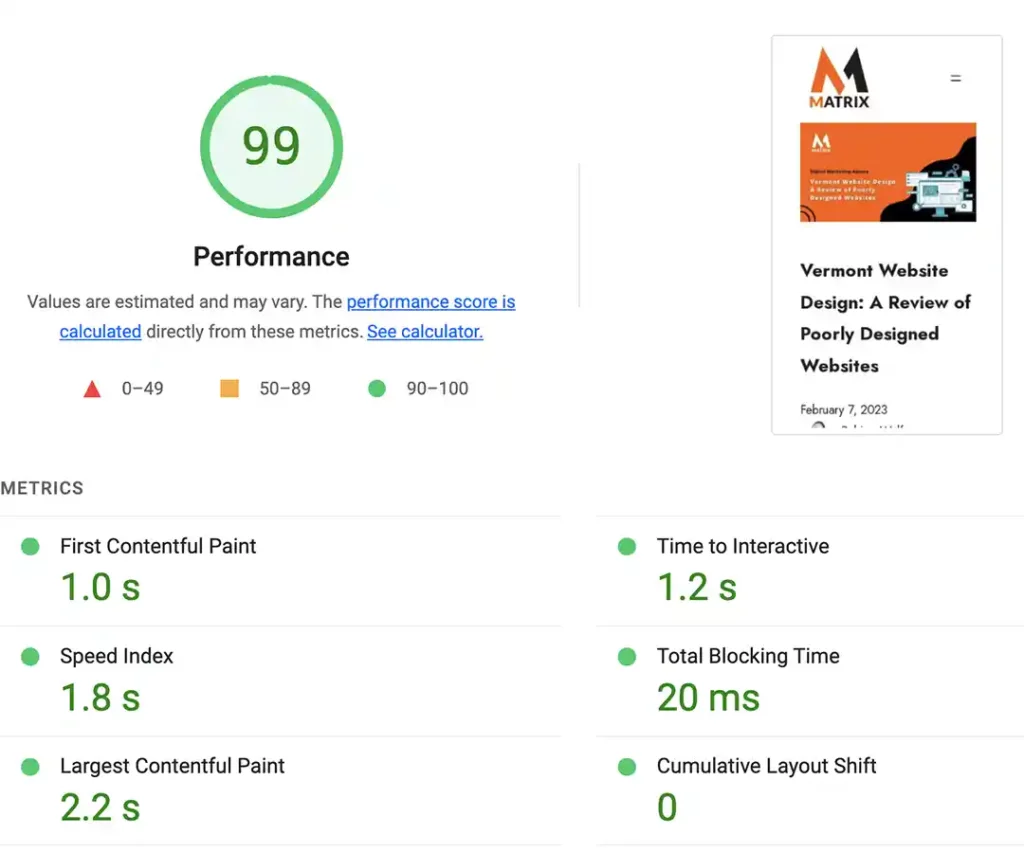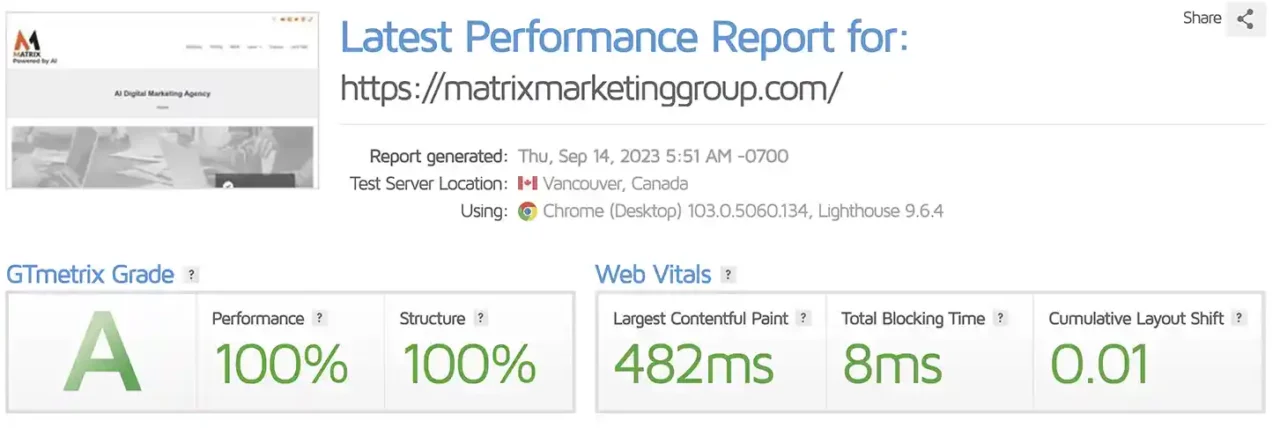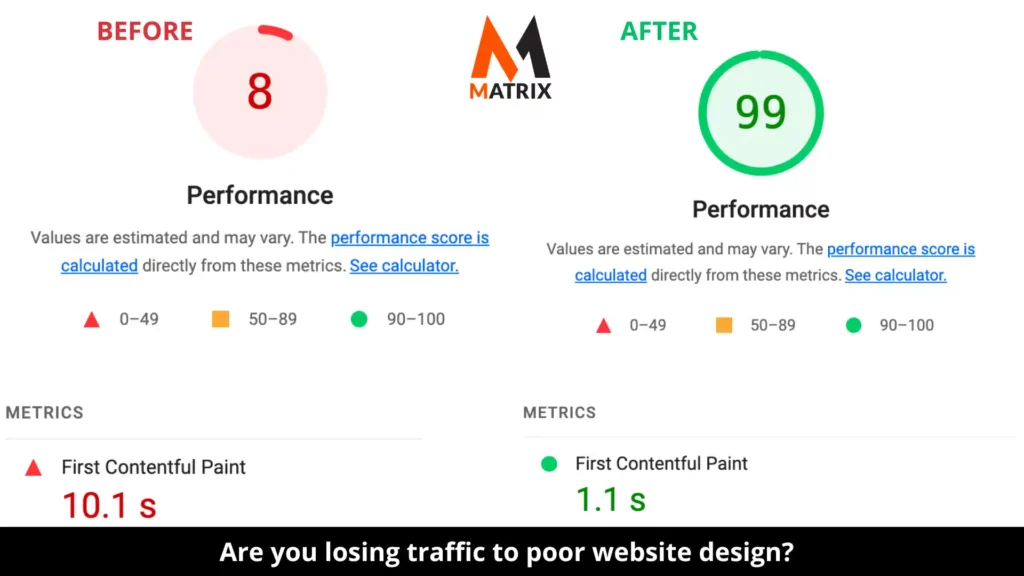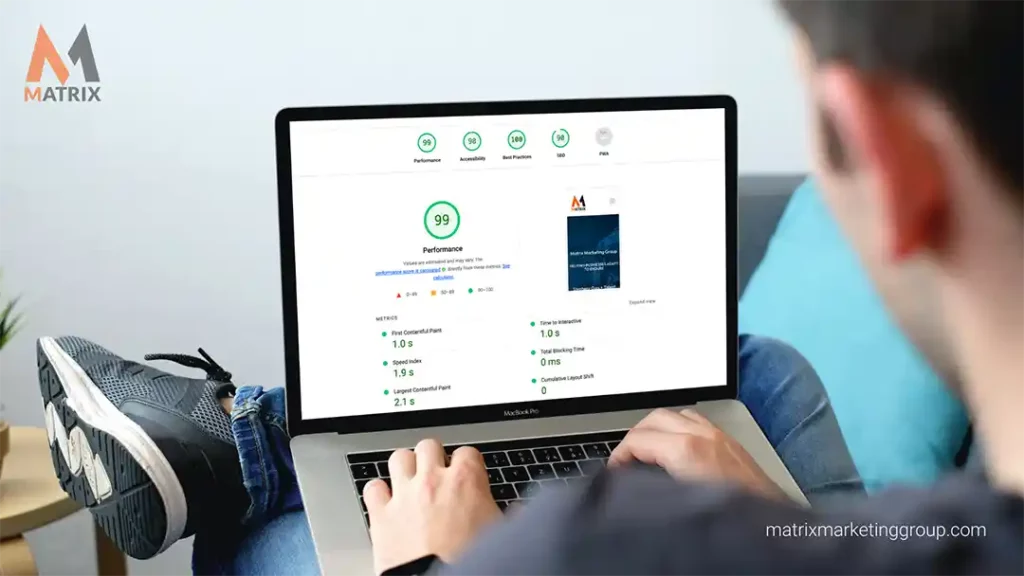
45 Most Important SEO KPIs For Marketers To Track
SEO (Search Engine Optimization) is important because it helps your website get more visibility on search engines like Google, Yahoo, and Bing. SEO ensures that your website appears near the top of relevant search results, making it more likely for people to find and visit your site.
Here’s a comprehensive list of the 45 Most Important SEO KPIs (Key Performance Indicators) that marketers should track to measure and improve the performance of their SEO efforts. These KPIs are categorized to help you organize and prioritize them effectively.
Comprehensive list of the 45 Most Important SEO KPIs
Organic Traffic KPIs
- Organic Sessions – Number of visits from search engines.
- New Users from Organic Search – Number of first-time visitors from search engines.
- Branded vs. Non-Branded Traffic – Comparison of visitors searching for your brand name vs. generic terms.
- Mobile vs. Desktop Organic Traffic – Organic traffic split by device.
- Geographic Location of Organic Users – Regions driving organic visits.
Rankings & Visibility KPIs
- Keyword Rankings (Top 3, 10, 100) – Where your pages rank for target keywords.
- Share of Voice – Your site’s visibility compared to competitors.
- Number of Keywords in Top 10 – Count of keywords with first-page rankings.
- Search Engine Visibility Score – Percentage visibility across tracked keywords.
- Featured Snippets Gained – Number of times your content appears in snippets.
Engagement KPIs
- Organic Click-Through Rate (CTR) – Percentage of users who click from SERPs.
- Bounce Rate (Organic Only) – Users who leave after viewing one page.
- Pages per Organic Session – How many pages users view during a visit.
- Average Session Duration (Organic) – Time spent on site from organic visits.
- Scroll Depth on Organic Pages – How far users scroll on key SEO pages.
Conversion KPIs
- Organic Conversion Rate – Percentage of organic visits that result in a goal (e.g., lead, sale).
- Revenue from Organic Traffic – Total revenue attributed to organic search.
- Leads from Organic Traffic – Form fills, calls, or other lead actions.
- Micro-Conversions (e.g., downloads, video views) – Smaller conversion actions.
- Goal Completions (Organic) – Total tracked goals from organic users.
Technical SEO KPIs
- Crawl Errors – Pages that search engines couldn’t crawl.
- Index Coverage Issues – Pages blocked or excluded from indexing.
- Page Speed (Core Web Vitals) – Load time, interactivity, and visual stability.
- Mobile Usability Errors – Mobile-specific issues in Google Search Console.
- HTTPS Implementation Rate – Percentage of pages secured with HTTPS.
- Duplicate Content Issues – Pages with similar or identical content.
- XML Sitemap Health – Status and coverage of submitted sitemaps.
- Robots.txt Blocked Pages – Important pages blocked from search engines.
Local & Mobile SEO KPIs
- Google Business Profile Views – Impressions from local listings.
- Direction Requests & Calls – Engagements from local SERPs.
- Mobile Ranking vs. Desktop Ranking – SERP position differences by device.
- Local Pack Rankings – Your listing’s position in Google’s local pack.
- Local Citations Accuracy – Consistency of business NAP (name, address, phone).
Content & Link KPIs
- Top Landing Pages (Organic) – Highest traffic-driving SEO pages.
- Content Engagement Rate – Time on page and bounce for SEO-driven blogs.
- Backlink Growth – Number of new backlinks acquired.
- Referring Domains – Number of unique domains linking to your site.
- Link Quality Score – Authority and relevance of incoming links.
- Internal Link Click Rate – Engagement with internal SEO links.
- Content Updates & Refresh Rate – Frequency of updating existing SEO content.
SEO Health & Trend KPIs
- Organic Traffic Trends (MoM, YoY) – Month-over-month or year-over-year comparisons.
- Keyword Cannibalization Instances – Pages competing for the same keywords.
- Deindexed Pages – Pages removed from Google’s index.
- Search Impressions (GSC) – Number of times your pages were seen in search results.
- Competitor Keyword Gap – Keywords your competitors rank for but you don’t.
Affordable SEO Solutions That Drive Real Results
Matrix Marketing Group Delivers Customized SEO Strategies with Transparent Pricing for Maximum ROI. See SEO Services.
Are you looking for ways to improve your SEO campaigns?
Tracking the right SEO KPIs and KPIs for SEO will help you gain insights into your website’s performance and success. By monitoring these metrics, marketers can identify opportunities for improvement, adjust their strategies accordingly, and ultimately achieve their desired results.
With the right tracking tools in place, you can monitor domain authority, organic search rankings, page speed and performance, backlinks, keyword rankings, click-through rate (CTR) from SERPs, and more – all of which will help increase visibility and generate more organic traffic.
Now download our whitepaper to learn 45 essential SEO KPIs marketers should track!



Why is Website Performance Important?
Search engine optimization (SEO) is a powerful tool for marketers to increase their website’s visibility and drive more traffic. It’s important to measure the right key performance indicators (KPIs) to track the success of SEO campaigns.
45 essential SEO metrics that marketers should monitor to assess the effectiveness of their SEO efforts. We will cover everything from domain authority and organic search rankings to backlinks and lead generation. We will review which of these are important KPIs to consider for SEO.
By tracking these metrics over time, you can identify opportunities for improvement and make informed decisions about your SEO strategy going forward. SEO Services Pricing
Get Found on Search Engines with Top-Notch Performance
Since 2002, Matrix Marketing Group has been helping businesses reach maximum website performance.
Our team of experts tailors a customized plan for each client to improve their online presence, from decreased bounce rates to increased user engagement and even improved brand reputation.
Reach out today and learn how our optimization services can help your business stand head and shoulders above the rest! Revolutionize Healthcare with Elite Digital Marketing Services

Your Blueprint for SEO Success in 2025
Whether you’re a business owner, marketer, or seasoned SEO professional, this guide is tailored to give you a competitive edge in the evolving digital landscape. Get SEO Pricing.

General FAQs
What are SEO KPIs?
SEO KPIs (Key Performance Indicators) are metrics used to measure the success of an SEO campaign, such as domain authority, organic search rankings, page speed and performance, backlinks, keyword rankings, click-through rate (CTR) from SERPs, and more. By tracking these KPIs over time and making changes according to trends identified in data analysis, marketers can ensure their website appears higher up in SERPs than ever before, ultimately resulting in increased visibility and more organic traffic for their business or organization.
What benefits can be gained by tracking SEO KPIs?
Tracking SEO KPIs provides several key benefits, including improved visibility through increased keyword rankings and backlinks, insights into competitors’ weaknesses, and optimization for higher traffic volumes through page speed and performance, or optimizations for better click-through rates from SERPs. All these things work together to boost organic traffic and leads generated through SEO campaigns.
How can I track SEO KPIs?
Various tools are available to help marketers track their SEO KPIs over time. These include Google Analytics for tracking organic visitors; Alexa for measuring website ranking; Ahrefs for monitoring backlinks; Moz’s Domain Authority Score for checking domain authority scores; Page Speed Insights for assessing web page loading speeds; MOZ Keyword Explorer or SEMrush’s Keyword Ranking Report to track keyword rankings, etc.
Where can I learn more about SEO KPIs?
Download our whitepaper for a comprehensive guide on 45 essential SEO KPIs marketers should monitor! It contains information about each metric, including how it works, why it is important, the target values, and the best practices when optimizing your website with those metrics in mind.
